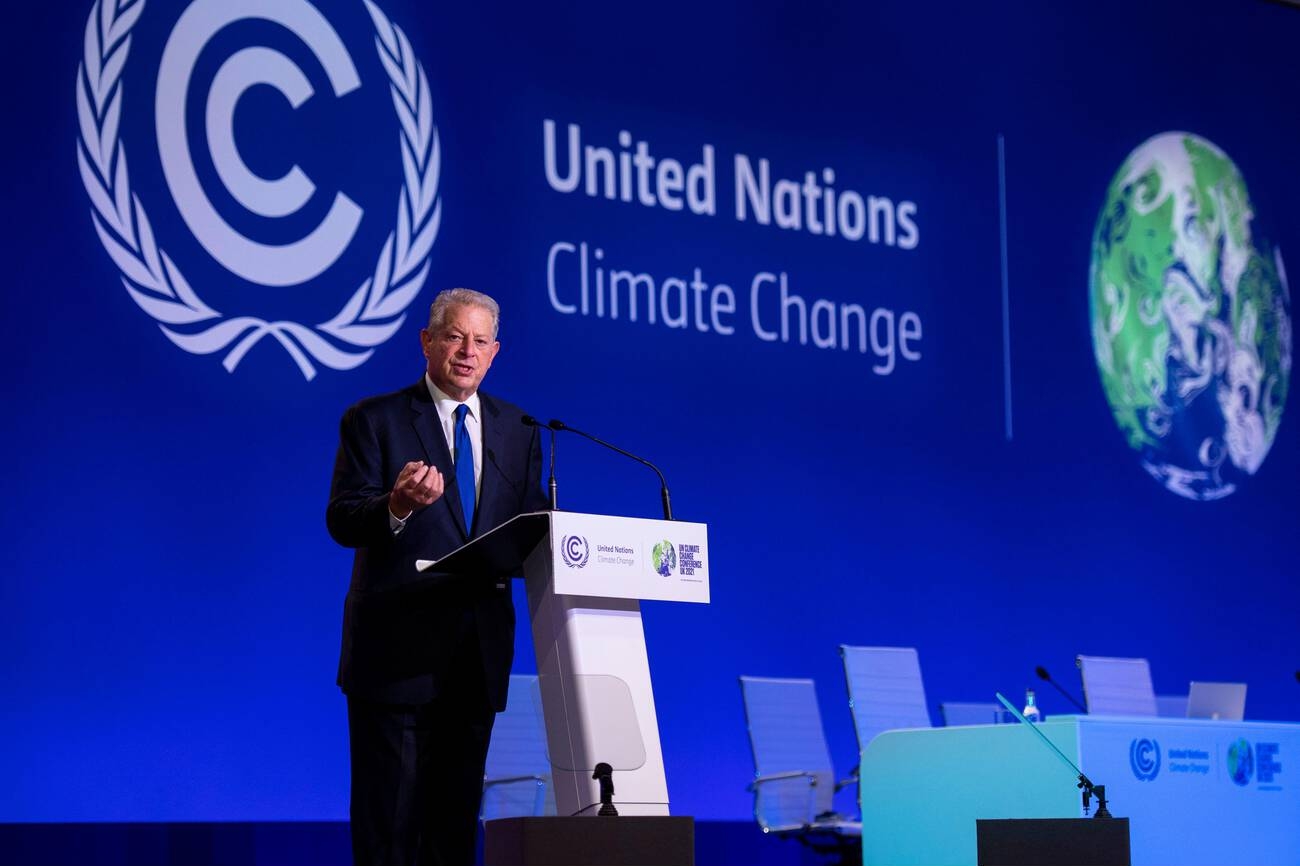Do you ever wonder why the idea of climate change sparks such intense debate? Dive into the factors shaping public perceptions, the influence of cultural outlooks, and the impact of political perspectives. Unravel the challenges in communication, effects of polarization, and strategies for effective engagement. Explore how understanding these complexities is key to addressing the contentious issue of climate change.
Factors Influencing Public Perception
When it comes to public perception of climate change, factors like media influence, scientific literacy, social norms, psychological biases, and economic interests all play a significant role. The way information is portrayed in the media can sway opinions either way. Scientific literacy affects how individuals interpret and accept climate change evidence. Social norms within communities can create pressure to conform to certain beliefs. Psychological biases such as confirmation bias or cultural cognition can also impact one’s view on climate change. Additionally, economic interests may lead individuals or groups to reject climate science for financial reasons. Understanding these influences is crucial in addressing the controversy surrounding climate change and working towards effective solutions.
Role of Cultural Outlooks
Addressing the role of cultural outlooks is essential in understanding why perspectives on this issue vary among different groups.
- Cultural beliefs: These deeply ingrained convictions shape how individuals interpret information about climate change.
- Social values: The values held by a group influence how they prioritize environmental concerns and sustainability efforts.
- Group dynamics: Interactions within a community can either reinforce or challenge existing beliefs about climate change.
Considering these aspects helps elucidate why certain communities may be more resistant to accepting climate change as a pressing issue while others are actively engaged in addressing it. Understanding the interplay between cultural beliefs, social values, and group dynamics is crucial for fostering meaningful dialogue and action on climate change across diverse populations.
Impact of Political Perspectives
Understanding the influence of political perspectives on the discourse is crucial in navigating discussions about climate policies and actions. Political polarization intensifies as misinformation campaigns and partisan influence shape public perception. The divisive nature of politics can hinder evidence-based decision-making, leading to a lack of consensus on effective climate solutions. Partisan bias often sways individuals to endorse policies solely based on party affiliations rather than scientific evidence. This exacerbates the effects of cultural cognition, where beliefs align with group values rather than objective facts. To address these challenges, developing communication strategies that bridge political divides and emphasize shared goals is essential. By acknowledging the impact of political lenses on climate change controversies, we can work towards more informed and collaborative approaches for tackling environmental issues.
Challenges in Communication
Effective communication plays a pivotal role in overcoming obstacles and fostering understanding among diverse groups regarding environmental challenges. When addressing climate change controversies, it’s crucial to navigate through various communication barriers, such as language differences and information overload. Misinformation challenges can be tackled by emphasizing credible sources and fact-checking mechanisms. Public understanding is enhanced through simplified yet accurate messaging that resonates with different communities. Expert communication plays a key role in providing evidence-based insights and building trust with the audience. Overcoming skepticism requires patience, empathy, and transparency in interactions to gradually shift perceptions towards acceptance and action.
Trust in Institutions
Public trust in institutions plays a significant role in shaping public opinion on environmental actions and policies. Rebuilding trust is crucial for effective climate change discourse. Public perception heavily relies on institutional credibility, which can be undermined by communication challenges and policy understanding gaps.
| Trust Challenges | Ways to Address |
|---|---|
| Decline in trust levels | Enhance transparency and accountability |
| Mistrust in institutions | Implement ethical practices |
| Communication difficulties | Improve engagement strategies |
| Policy comprehension | Simplify information for better public understanding |
Bridging the Science-Policy Gap
Bridging the science-policy gap requires effective communication strategies between scientists and policymakers. To achieve this, consider the following:
- Policy Implementation: Ensure that scientific recommendations are translated into actionable policies promptly.
- Stakeholder Engagement: Involve various stakeholders in the decision-making process to garner diverse perspectives and support for climate initiatives.
- Data Interpretation: Help policymakers understand complex scientific data to make informed decisions on climate-related policies.
Effects of Polarization
Moving from the discussion on bridging the science-policy gap, let’s delve into the effects of polarization on climate change discourse. Media influence plays a pivotal role in shaping public opinion, with social media acting as a catalyst. Confirmation bias can lead individuals to seek information that aligns with their beliefs, reinforcing echo chambers within like-minded groups. This perpetuates polarization on climate change issues. Public opinion becomes entangled in these echo chambers, hindering open dialogue and understanding diverse perspectives. The divisive nature fueled by media influence can deepen existing rifts, making it challenging to find common ground for effective climate action. It is crucial to break free from these constraints and foster inclusive conversations that bridge divides for impactful environmental solutions.
Strategies for Effective Communication
Efforts should focus on engaging with diverse perspectives and emphasizing actionable solutions to enhance communication effectiveness.
- Public engagement: Encourage open dialogues and participation from all sectors of society.
- Messaging techniques: Utilize clear, concise, and compelling language to convey complex climate information effectively.
- Community involvement: Empower local communities to take ownership of climate initiatives through grassroots efforts.
Addressing Misconceptions
Addressing misconceptions about climate change involves presenting scientific evidence to enhance public understanding. The misinformation challenge stems from cognitive biases that cloud judgment. Community engagement becomes crucial in dispelling myths and fostering informed discussions. By tackling these misconceptions head-on, individuals can combat the spread of false information and promote an accurate understanding of climate change. Utilizing scientific evidence effectively, addressing cognitive biases, and engaging with communities are key strategies in overcoming misinformation challenges. Through community engagement initiatives that emphasize the importance of scientific facts and debunk common myths, a more informed public can emerge, ready to take meaningful action against climate change.
Importance of Diverse Actions
The diversity of actions individuals take can significantly impact the fight against climate change.
- Promoting collaboration: Encouraging teamwork among community members and organizations for more impactful initiatives.
- Community engagement: Involving local residents in decision-making processes to ensure sustainable solutions reflect their needs.
- Behavioral changes: Adopting environmentally friendly habits like reducing waste, conserving energy, and utilizing public transportation to mitigate climate change effects.


